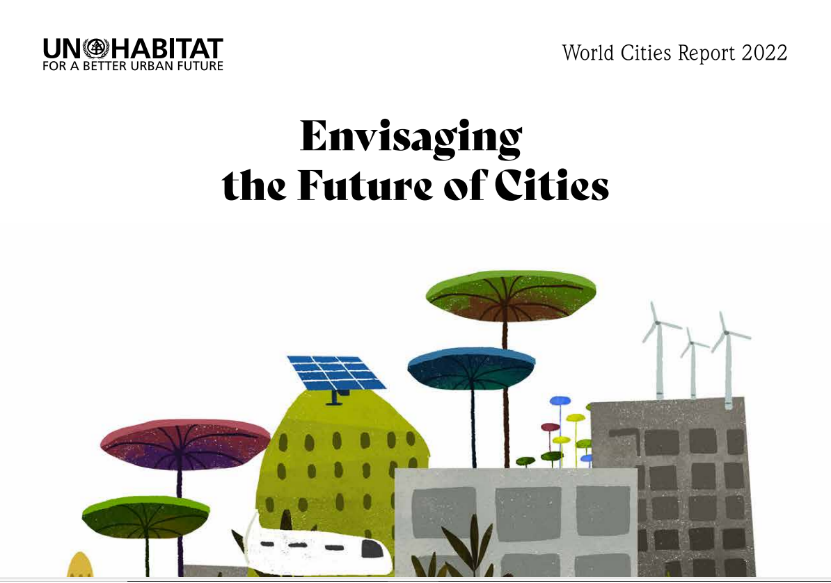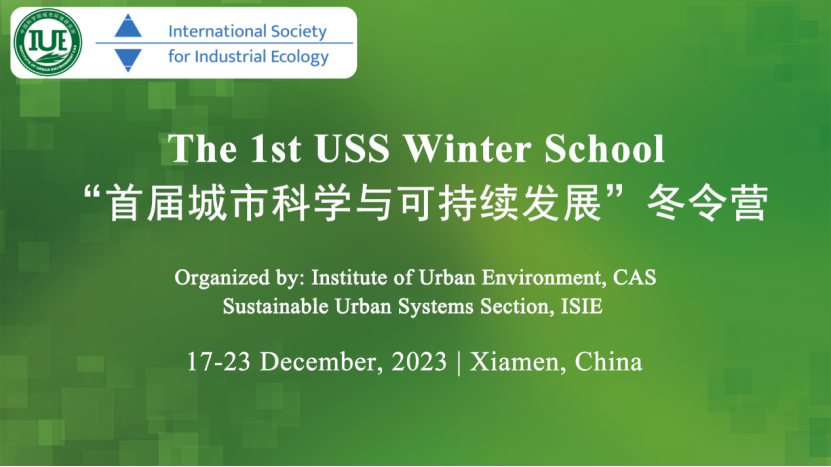Urban Resilience in an Eco-Evolutionary Perspective
Marina Alberti
09:00-11:00, May 20 2022, CST
Video for the presentation.
Marina Alberti is Professor of Urban and Environmental Planning in the Department of Urban Design and Planning at the University of Washington. She is Director of the Urban Ecology Research Lab https://urbaneco.uw.edu/ and PI of the NSF Funded Research Collaboration Networks on Urban Eco-Evolutionary Dynamics https://www.urbanecoevo.net. Her studies focus on the interactions between urban patterns and ecosystem function, urban signatures of evolutionary change, and the properties of cities that enhance their resilience and transformative capacity. She also leads research on urban ecological modeling, scenario planning, and urban ecological metrics to monitor progress and inform policy-making and planning. She has published >80 journal articles and several books. In her book Cities That Think like Planets (UW Press 2016), Alberti advances a science of cities that work on a planetary scale and link unpredictable dynamics to the potential for socio-ecological innovation.
Abstract
Cities face a grand challenge: they must rethink themselves in the context of planetary change. Across the globe, cities are driving rapid evolutionary change. Not only are cities altering ecosystems and reducing biodiversity, cities are changing the rules of nature’s game by challenging the cultural and genetic makeup of many species including animals, plants, fungi, and microorganisms. Increasing evidence show that organisms adapt to the urban environment by changing their physiology, morphology, and behaviors. Changes in species traits might have significant effects on socially-relevant ecosystem functions such as nutrient cycling, pollination, water and air purification, and food production.
Although evidence of urban-driven evolutionary change is rapidly increasing, the predominant views of biodiversity and ecosystem function that inform strategies to maintain resilience and achieve sustainability are still fundamentally static. In this talk I show how rapid evolutionary changes driven by urbanization have the potential to affect the sustainability of species and ecosystem functions with important consequences for the delivery of ecosystem services to urban communities. I argue that expanding our understanding of the complex eco-evolutionary dynamics of urbanization and its influence on ecosystem stability and biodiversity is central to inform sustainability strategies. I propose an eco-evolutionary paradigm for building cities that think like



